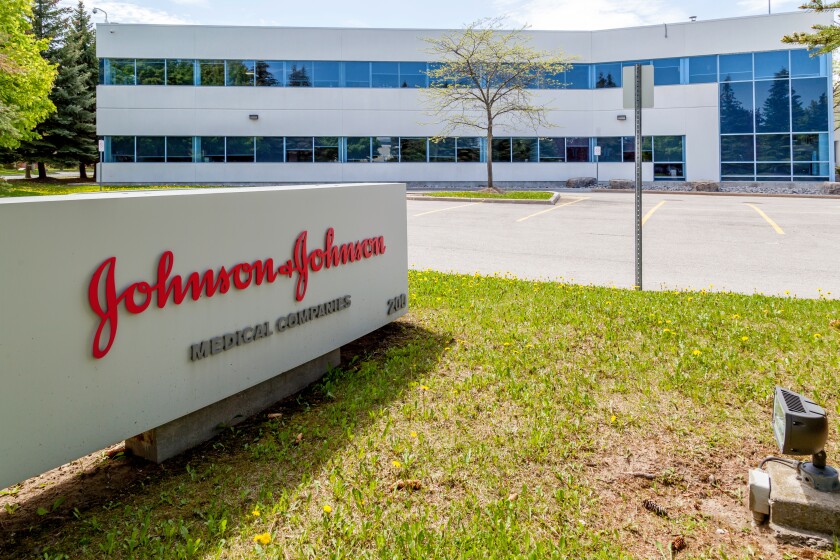Activists have hailed a “sea change” in the treatment of tuberculosis after Johnson & Johnson agreed not to enforce patents covering bedaquiline on Friday, September 29.
J&J said the decision was intended to reassure generics makers that they could market cheaper versions of bedaquiline, a TB drug, in 134 low- and middle-income countries.
In July, the company granted licences for the drug to the UN-backed Stop TB Partnership’s Global Drug Facility.
J&J has faced significant pressure from activists and civil society groups this year over its patent portfolio on bedaquiline.
Bestselling author John Green was among those to lend his voice to a campaign calling on J&J to halt its efforts to secure additional patents on bedaquiline, with the core intellectual property rights set to expire this year.
In March, India’s IP office refused J&J’s application for a secondary patent on bedaquiline after a challenge brought by two TB survivors.
Last month, meanwhile, South Africa’s Competition Commission launched an investigation after it emerged the country wouldn’t benefit from lower prices for the drug worldwide.
Prices for bedaquiline fell sharply after July’s deal with the Global Drug Facility.
J&J now charges most lower-income countries a headline price of $130 for a six-month course of the drug, but South Africa will continue to pay the old figure of $289.
A J&J spokesperson said the company would cooperate fully with the investigation.
Christophe Perrin, TB advocacy pharmacist at Médecins Sans Frontières’s Access Campaign, said the decision announced on Friday, September 29, was “testament to the persistent efforts of TB activists, civil society, and also countries prioritising public health over corporations' interests”.
Perrin called on Japanese drugmaker Otsuka, which owns patents for the drug delamanid, to match J&J’s pledge not to enforce its IP.
Delamanid is often used in combination with bedaquiline to treat multidrug-resistant TB.
“We need all newer TB innovations to be as affordable as absolutely possible, so governments can scale up prevention, testing and treatment to beat back this curable disease that continues to kill 1.6 million people every year.
“People with TB literally cannot afford to wait any longer,” Perrin said.











